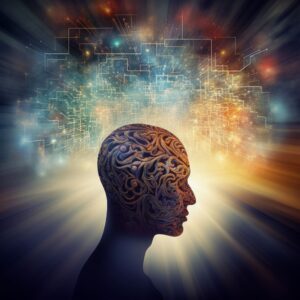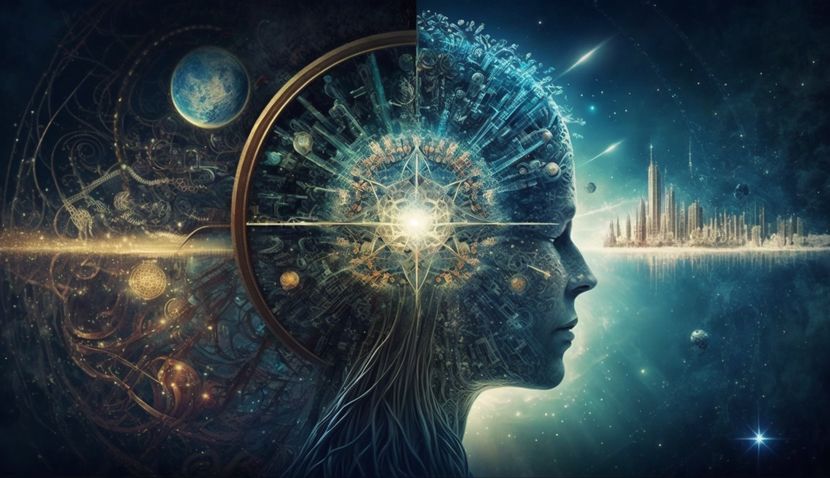Quantum mechanics is a branch of physics that deals with the behavior of particles at the atomic and subatomic level. It is a complex field that has been the subject of intense study and debate for many years. One of the most intriguing aspects of quantum mechanics is its connection to the mystery of consciousness. In this article, we will take a closer look at the relationship between quantum mechanics and the mystery of consciousness.
Quantum Mechanics: An Overview
Quantum mechanics is a fundamental theory that describes the behavior of particles at the atomic and subatomic level. It is based on the principles of wave-particle duality, which states that particles can exhibit both wave-like and particle-like behavior depending on how they are observed. This concept is often referred to as the observer effect, as the act of observation can change the behavior of particles.
One of the key features of quantum mechanics is the concept of superposition, which states that particles can exist in multiple states at the same time. For example, an electron can exist in multiple energy levels simultaneously, until it is observed and “collapses” into a single state.
 The Mystery of Consciousness
The Mystery of Consciousness
Consciousness is the state of being aware of one’s surroundings and internal thoughts and feelings. It is a fundamental aspect of human experience, yet its underlying mechanisms are not well understood. The mystery of consciousness has puzzled scientists, philosophers and theologians for centuries, and is still the subject of intense study and debate.
One of the most intriguing aspects of the mystery of consciousness is the role that quantum mechanics may play in its underlying mechanisms. Some scientists and philosophers have suggested that consciousness arises from the properties of quantum mechanics, particularly the concept of superposition.
Quantum Mechanics and Consciousness
There are several theories that attempt to explain the relationship between quantum mechanics and consciousness. One theory is that consciousness arises from the collapse of the wave function, which occurs when an observer makes a measurement. According to this theory, the act of observation causes the particles to collapse into a single state, which is experienced as consciousness.
Another theory is that consciousness arises from the entanglement of particles. Entanglement is a phenomenon in which particles become correlated in such a way that the state of one particle is dependent on the state of the other, even if they are separated by great distances. Some scientists and philosophers have suggested that consciousness arises from the entanglement of particles in the brain.
Conclusion
The relationship between quantum mechanics and the mystery of consciousness is a complex and controversial topic. While there is no definitive answer to the question of how consciousness arises, the study of quantum mechanics has opened up new avenues of exploration and inquiry. As scientists and philosophers continue to investigate the nature of consciousness, the mysteries of the universe and the mind may become more interconnected than ever before.


0 Comments